Description
Hard Disk Drive (HDD):
- Technology: HDDs store data on spinning magnetic disks called platters. A read/write arm moves over these platters to access or write data, much like a traditional record player.
- Performance:
- Data retrieval speeds are slower because the read/write head physically moves to access data.
- Typical speeds: 80MB/s to 160MB/s.
- Durability:
- HDDs are prone to mechanical failure due to their moving parts.
- Sensitive to shocks, vibrations, and physical impacts.
- Lifespan: Around 3–5 years with regular use.
- Noise: Generates audible noise due to spinning platters and arm movement.
- Cost: Economical for large storage capacities; generally cheaper than SSDs.
- Ideal Use:
- Storing large files such as videos, photos, and backups.
- Secondary storage for systems with SSDs.
Solid-State Drive (SSD):
- Technology: SSDs use NAND flash memory to store data electronically. There are no moving parts, which makes them faster and more reliable.
- Performance:
- Significantly faster data retrieval compared to HDDs.
- Typical speeds: 200MB/s to 5000MB/s, depending on the type (SATA SSDs vs. NVMe SSDs).
- Durability:
- Resistant to physical shocks and vibrations.
- More reliable due to the absence of moving parts.
- Lifespan: Around 5–10 years, though this depends on the number of write cycles.
- Noise: Completely silent as there are no mechanical components.
- Cost: More expensive per GB compared to HDDs.
- Ideal Use:
- Boot drives for operating systems and applications.
- Gaming, video editing, and tasks requiring high-speed data access.
Comparing HDD vs. SSD (1TB):
| Feature | HDD (1TB) | SSD (1TB) |
|---|---|---|
| Speed | Slower (80–160MB/s) | Faster (200MB/s–5000MB/s) |
| Durability | Prone to mechanical failure | Shock and vibration resistant |
| Lifespan | 3–5 years | 5–10 years |
| Noise | Audible | Silent |
| Cost | Lower | Higher |
| Energy Use | Higher | Lower |
| Best For | Archival storage, backups | Operating system, gaming, editing |
Which Should You Choose?
- HDD:
- If budget is a priority and you need a large amount of storage for backups or infrequently accessed files.
- Cost-effective solution for secondary storage.
- SSD:
- If performance matters, such as faster boot times, rapid application loading, and smoother multitasking.
- Ideal for gamers, video editors, and professionals requiring speed and efficiency.


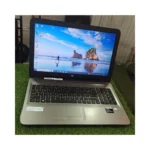
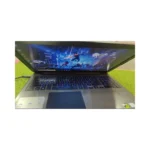
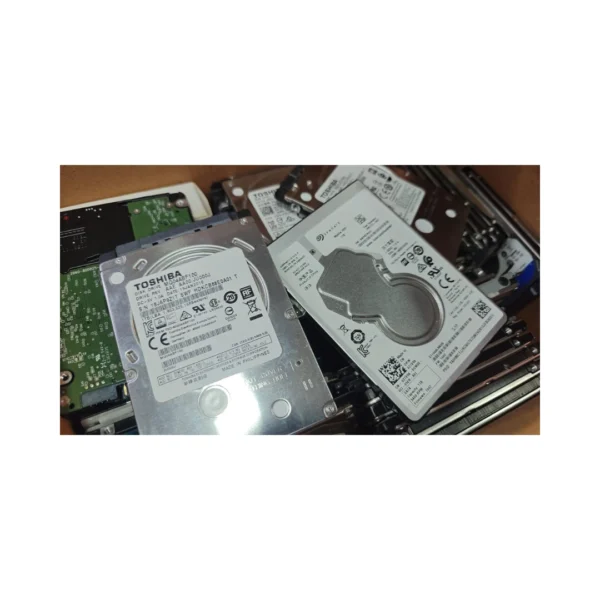
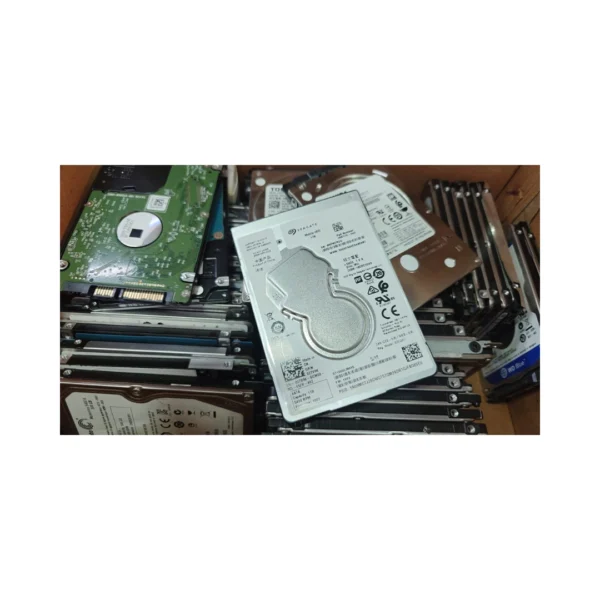
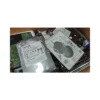
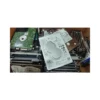
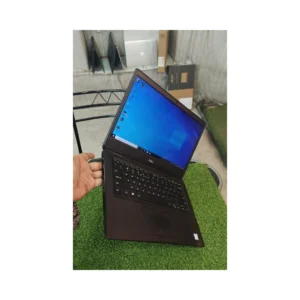
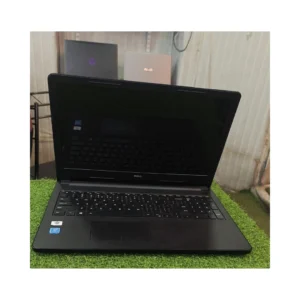
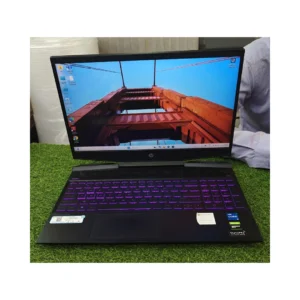
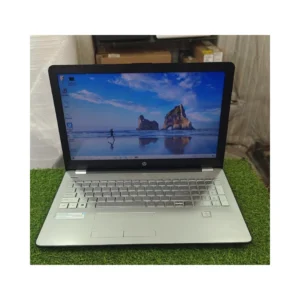
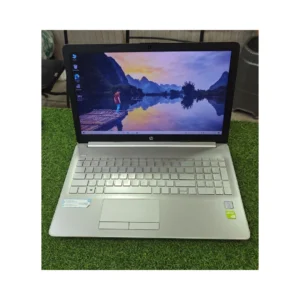
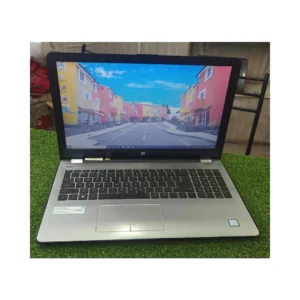
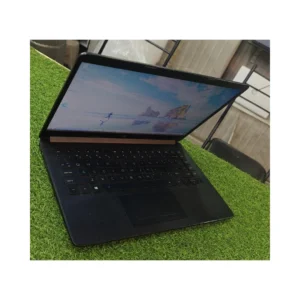
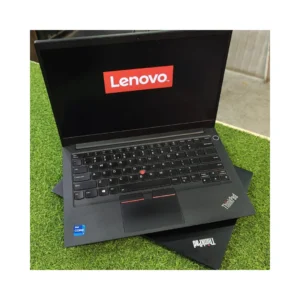
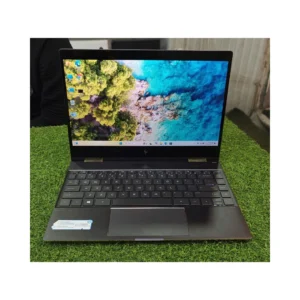
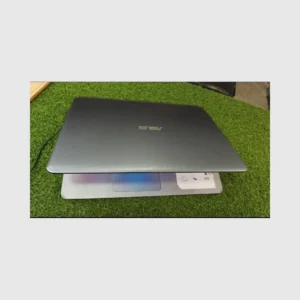
Reviews
There are no reviews yet.